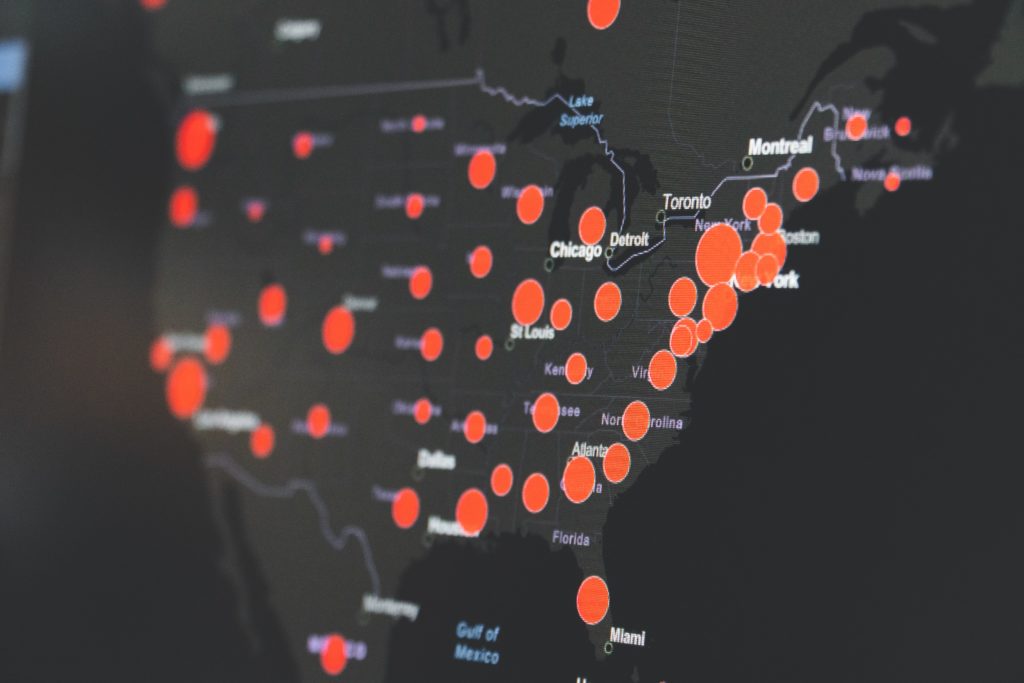
As the situation and circumstances of the novel coronavirus, COVID-19, continue to change, we hope that you and yours are staying safe, healthy and protected. We have been closely monitoring the recommendations of the World Health Organization and U.S. Centers for Disease Control and Prevention and keeping abreast of updates from our local and federal governments, including the legal components and ramifications across all ranges of matters and practice areas stemming from the coronavirus, and can provide counsel accordingly.
Below, we have listed a compilation of resources created by our attorneys to assist businesses and individuals in navigating all the changes during this time. We will continue to update our resources as new measures are implemented, and will always be available to provide further counsel and assistance in particular matters. This most recent updates to the guide were made on October 15, 2020.






